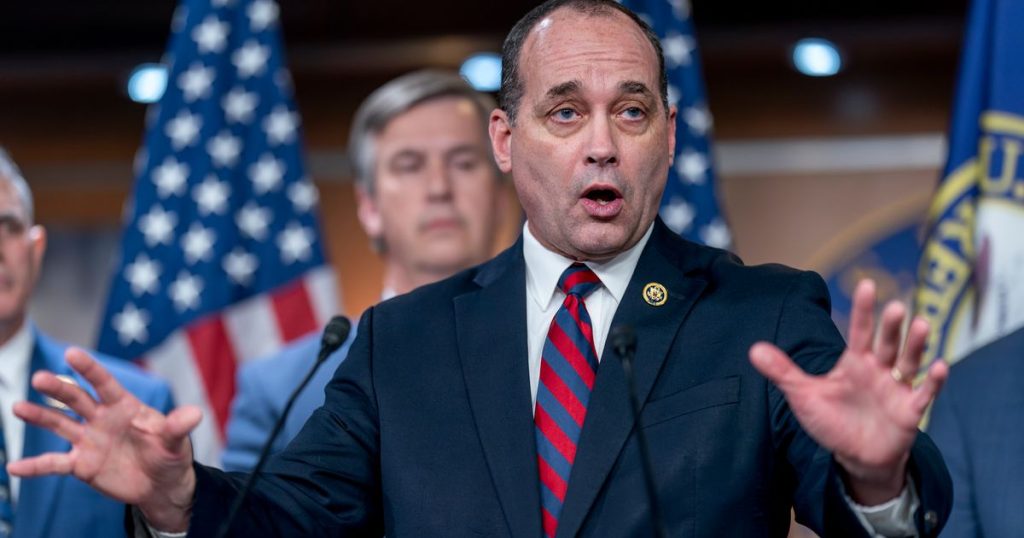On Wednesday, rebellious House Republicans opposed the renewal of the Foreign Intelligence Surveillance Act (FISA), specifically the controversial Section 702 which has been used in the past to spy on Americans. The vote to allow the renewal bill and amendments to be debated was stalled with a 193-228 vote, as 19 Republicans voted against it. Former President Donald Trump also expressed opposition to the renewal on social media, urging lawmakers to “KILL FISA” and highlighting concerns about protecting constitutional liberties.
The fight over FISA has caused divisions within both Republican and Democratic parties, with some members emphasizing the importance of safeguarding civil liberties while others see the law as essential for national security. Critics of FISA argue that it can lead to the “backdoor” searches of Americans’ communications, as surveillance programs targeting foreign individuals abroad can inadvertently collect exchanges involving U.S. citizens. House Speaker Mike Johnson faced another defeat as he struggled to navigate the competing interests of FISA factions within his conference.
Civil liberties groups have sought changes to FISA, including limitations on searches involving Americans and prohibitions on law enforcement purchasing personal data without a warrant. House intelligence committee chair Mike Turner and the White House have defended the program, claiming that proposed reforms could hinder efforts to combat terrorism. Efforts to strengthen privacy protections within the legislation have sparked disagreements among lawmakers, with critics concerned about potential infringements on civil liberties.
The failed vote on FISA renewal highlighted tensions within the Republican Party, with some members expressing frustration over House leadership’s handling of the issue. Rep. Marjorie Taylor Greene threatened to push for a vote to remove Speaker Johnson over his stance on FISA, among other factors. Moving forward, options for FISA renewal include opening up the amendment process or extending the current law without changes. The possibility of letting the law lapse has also been considered, with privacy advocates arguing that it would not significantly impact national security.
In the event of a lapse, the government has been granted a certification allowing certain surveillance activities to continue until April 2025. The Biden administration has expressed concerns about the potential impact of a lapse in the program, citing the potential reluctance of private-sector partners to cooperate. Despite these concerns, some lawmakers like Rep. Bob Good have emphasized the need to carefully consider the implications of renewing FISA and stressed the importance of prioritizing constitutional liberties. The future of FISA renewal remains uncertain as House Republicans regroup to determine their next steps.


